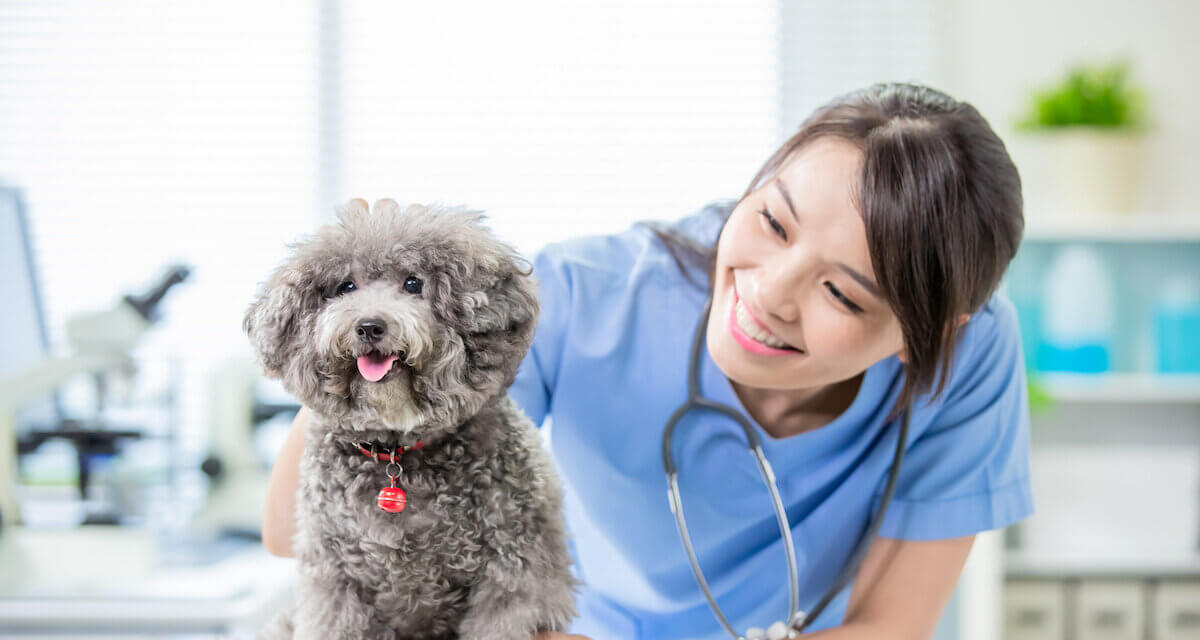Tailored Treatments for Your Pet's Unique Needs
At SaveWay, we understand the challenges of managing incontinence in dogs, cats and other animals. As a devoted and empathetic pet owner, your priority is to relieve your pet’s discomfort caused by urinary and/or kidney conditions. To achieve this, you require a tailored treatment plan that specifically addresses your pet’s medical needs.
That’s why we consider several essential factors, such as your animal’s weight, medical condition, temperament and more, ensuring administration of their treatment becomes easier and more comfortable for both you and your pet.
Frequently Asked Questions
-
What can vets do for incontinence?
Veterinarians can provide a range of solutions for incontinence in pets, such as prescribing medications that strengthen the urinary sphincter or addressing underlying medical conditions causing the issue.
-
How do you treat incontinence in senior dogs?
When it comes to treating incontinence in senior dogs, veterinarians may recommend medications, dietary modifications tailored to your dog’s needs and a schedule of frequent potty breaks.
-
Why is my dog peeing when lying down?
Dogs may urinate while lying down due to conditions like urinary tract infections, bladder stones, or nerve problems. Consulting your vet is essential to identify and address the underlying cause.
-
Can dogs grow out of incontinence?
While some dogs may naturally improve and outgrow incontinence, it’s crucial to consult a veterinarian for a thorough evaluation to rule out any serious medical issues and receive appropriate guidance.
-
What helps incontinence in dogs naturally?
Natural remedies for incontinence in dogs can include supplements like cranberry extract, herbal therapies and dietary adjustments tailored to your pet’s specific needs. Always consult with your vet before starting any natural treatment.
-
Why is my senior dog suddenly peeing in the house?
A sudden onset of house soiling in senior dogs could be a sign of an underlying health problem, such as a urinary tract infection or cognitive dysfunction. Consulting your vet is essential to determine the cause and develop an appropriate treatment plan.
-
Does incontinence in dogs get worse with age?
Incontinence in dogs can indeed worsen with age as the muscles supporting bladder control weaken. Regular veterinary check-ups can help monitor the condition and adjust treatment as needed to maintain your pet’s quality of life.
-
Should I take my dog to the vet for incontinence?
If your dog is experiencing incontinence, it’s advisable to consult a veterinarian promptly. They can perform a thorough examination, diagnose the underlying cause, and recommend a suitable treatment plan tailored to your dog’s needs.
-
How do you treat incontinence in female dogs?
Treatment for incontinence in female dogs typically involves medications that strengthen the urinary sphincter or, in some cases, surgical procedures to correct anatomical issues contributing to the condition. A vet will determine the best course of action based on the specific diagnosis.
-
Why does my senior dog pee in his sleep?
Senior dogs may urinate in their sleep due to age-related issues such as muscle weakness or cognitive decline. Consulting your vet is essential to pinpoint the cause and explore potential treatments or management strategies to improve your dog’s comfort and well-being.
Testimonials
Contact Us
When you need highly customized veterinary medications — especially for canine urinary incontinence and other urinary and kidney issues — let SaveWay be your go-to resource. Get started by contacting us today.
"*" indicates required fields
